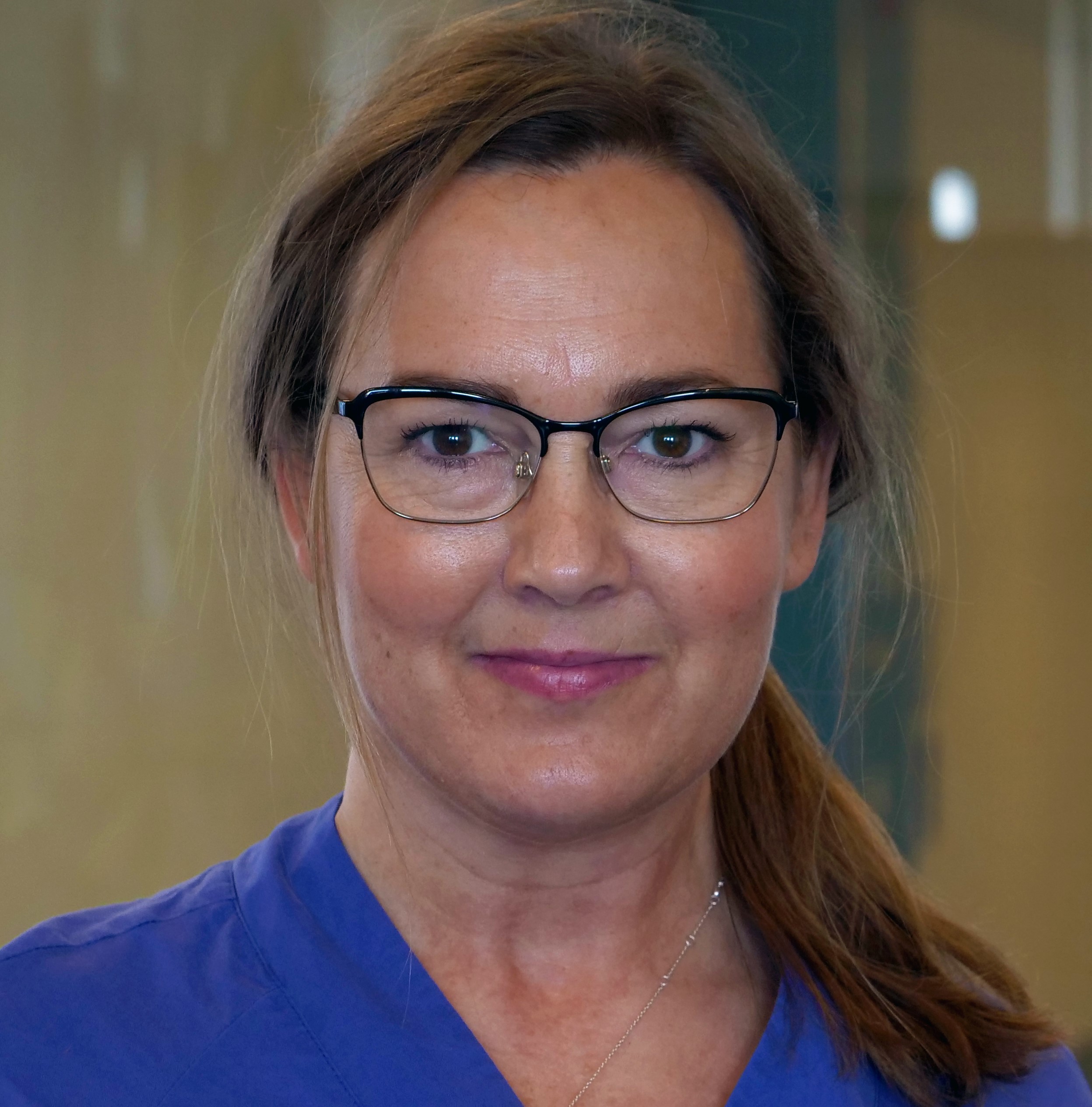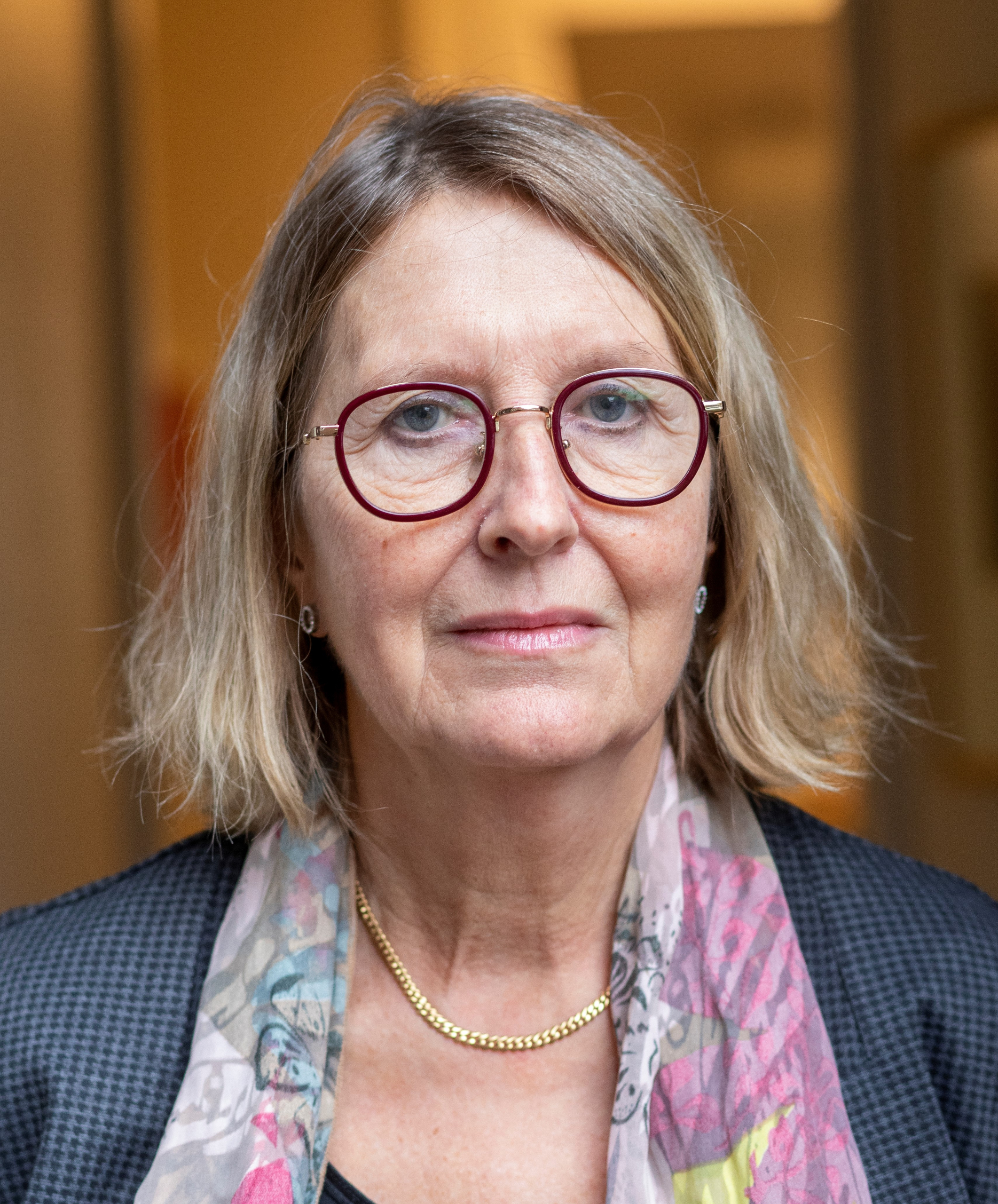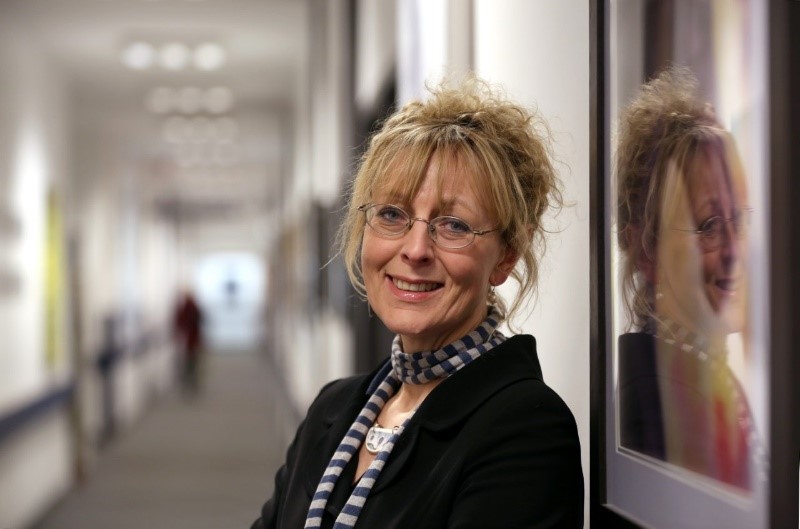Going back to work after a stroke is an important goal for many- but may seem impossible. Yet, despite impairments, a return to professional work is possible. This session provides practical help on doing this.

Carina U Persson
Dr Carina U Persson works at the Department of Occupational therapy and Physical Therapy at Sahlgrenska University Hospital (SU) in Gothenburg, Sweden and is clinically active at the stroke unit at SU/Östra.
She has worked as a physiotherapist and graduated with a PhD in Medicine and was appointed associate professor in Rehabilitation Medicine at GU in 2019. Carina is a member of the research group Rehabilitation Medicine, GU, and her research areas are within post-stroke rehabilitation and epidemiology. She is a board member of the Nordic Stroke Society, Stroke Centrum Väst Inspirationsforum and Neuro Section of Fysioterapeuterna.

Katharina Stibrant Sunnerhagen
Dr Katharina Stibrant Sunnerhagen MD, PhD is Professor and Chair in Rehabilitation Medicine, Head at the Department of Clinical Neuroscience at the University of Gothenburg and also serves as a senior consultant at Sahlgrenska University Hospital. She has been a professor at the University of Oslo, Norway as well as Riga Stradin’s University, Latvia.
Since the early 1990s, Katharina has been active in stroke care and research. She has authored more than 275 papers in international peer reviewed journals with and H-index of 59. She has served as Swedish representative in the ESPRM and UESM. She is an ESPRM Senior fellow as well as a EARM member.

Kate Radford
Kate Radford is an Occupational Therapist and Professor of Rehabilitation Research, specialising in vocational rehabilitation (VR). Kate’s current research involves trials to determine the clinical and cost effectiveness of job retention interventions for stroke survivors, trauma survivors and people with inflammatory arthritis, studies to develop and evaluate VR interventions for people with multiple sclerosis and post Covid-19; and peer coaching and assistive technology interventions to promote self-management and participation following brain injury.
Kate leads the Centre for Rehabilitation and Ageing Research and the Doctoral Training Centre for Rehabilitation and Healthcare Research at the University of Nottingham.